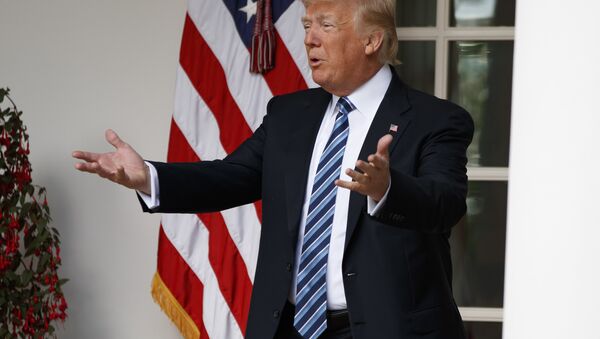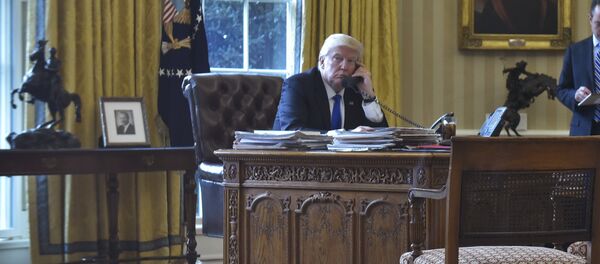The proposed bill would also prevent President Donald Trump from lifting any penalties against Moscow, which is why White House officials, according to media reports, have been trying to get House Republicans to weaken the bill.
"It is a lot more complicated to engage in any diplomatic bargaining with Russia after Congress has already tilted the balance, this way depriving President Trump of the flexibility that all presidents would like to have when dealing with foreign powers," Schirach said on Thursday.
Schirach warned, however, that the White House has a problem because matters involving Russia are seen through the lens of government probes into Trump’s alleged ties with the Kremlin.
Ordinarily, there would be no surprise if any president would resist congressional activism regarding economic sanctions, Schirach remarked.
"If these sanctions were not about Russia, there would not be an opportunity for posturing on the part of congressional factions. But they are about Russia, and this causes a problem for the White House," he acknowledged.
In the current US political atmosphere, "any attempts by the executive branch to block or water down any new sanctions against Russia, and anything else that could be construed as ‘going easy’ on Russia would simply reinforce the accepted narrative," he said.
Russian officials have repeatedly refuted allegation of meddling in the US election, characterizing them as absurd.




